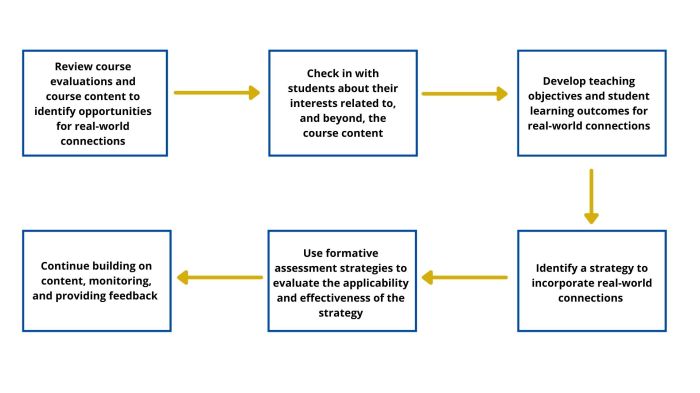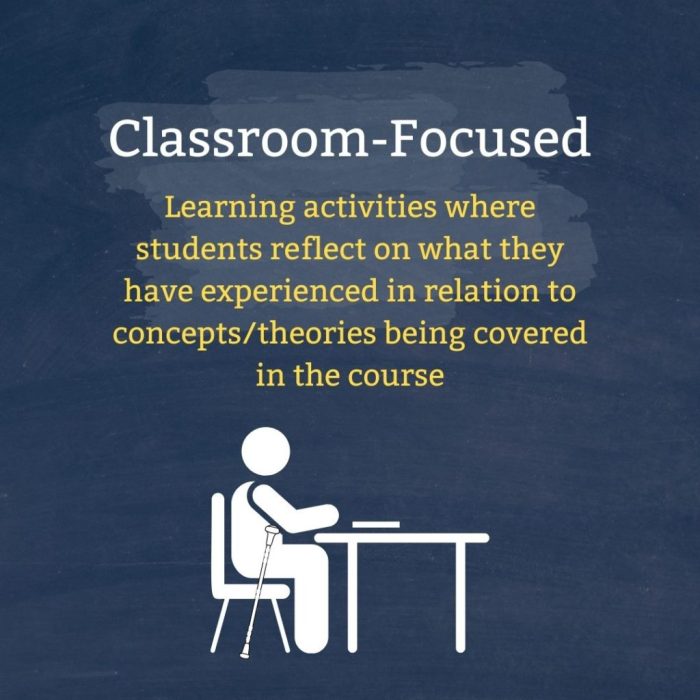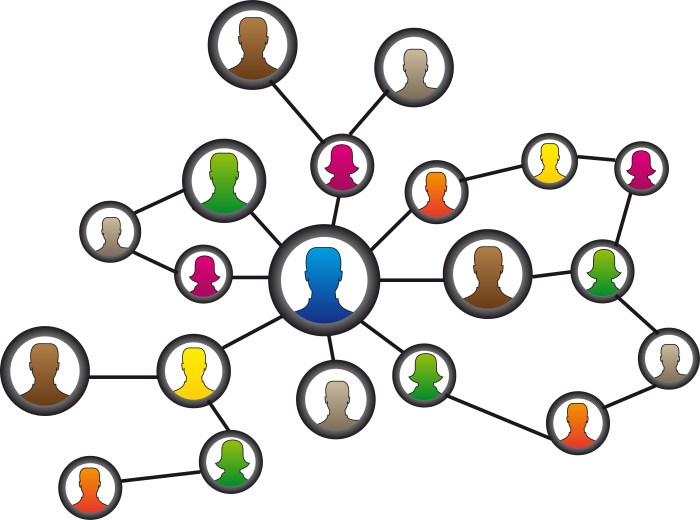What connections do authors usually make in a nonfiction article – Nonfiction writing is a genre that presents factual information and explores real-world topics. To craft compelling and informative nonfiction articles, authors employ a range of connections to establish relationships between ideas, evidence, and broader contexts. This guide delves into the various connections authors typically make in nonfiction articles, providing insights into their purpose, strategies, and impact.
Connections in Nonfiction Writing

In nonfiction writing, authors establish connections to enhance the clarity, coherence, and credibility of their articles. These connections can take various forms, ranging from linking main points to supporting evidence to drawing parallels to broader contexts.
Connections Between Main Points and Supporting Points
Authors connect main points to supporting points to provide evidence and strengthen their arguments. These connections help readers understand the logical flow of the article and see how each point contributes to the overall thesis.
Examples of connections between main points and supporting points include:
- Providing specific examples or case studies
- Citing statistics or research findings
- Using anecdotes or personal experiences
Authors often use transitions and other cohesive devices, such as conjunctive adverbs (e.g., however, moreover, therefore), to create a smooth flow between points.
Connections to External Sources
Nonfiction articles often draw upon external sources to support their claims and provide additional context. These sources can include scholarly articles, news reports, interviews, and other credible sources.
Authors can incorporate quotes, statistics, and other evidence from external sources by:
- Paraphrasing or summarizing the source
- Using direct quotations (with proper attribution)
- Citing the source in-text and providing a full citation in the reference list
It is important to use external sources ethically and avoid plagiarism. Authors should always cite their sources and ensure that they are using the information accurately and responsibly.
Connections to Personal Experiences or Anecdotes, What connections do authors usually make in a nonfiction article
Personal experiences and anecdotes can add depth and relatability to nonfiction writing. Authors can use these connections to illustrate points, provide context, or connect with readers on a personal level.
When using personal experiences or anecdotes, it is important to:
- Ensure that they are relevant to the topic
- Be mindful of the potential impact on the reader
- Use anecdotes sparingly and avoid oversharing
Connections to Broader Context
Nonfiction articles often connect to a broader context or issue to provide a wider perspective and make their arguments more relevant.
Authors can establish connections to broader contexts by:
- Discussing historical events or social trends
- Drawing analogies or metaphors
- Examining the implications of their findings for a larger audience
By making connections to a broader context, authors can enhance the significance of their articles and make them more impactful.
Questions Often Asked: What Connections Do Authors Usually Make In A Nonfiction Article
What is the primary purpose of connecting main points and supporting points in a nonfiction article?
Connecting main points and supporting points helps establish a logical flow of ideas, providing readers with a clear understanding of the relationship between key concepts and the evidence that supports them.
Why is it important to cite external sources in a nonfiction article?
Citing external sources adds credibility to the article by demonstrating that the author has conducted thorough research and is presenting information that is supported by reputable sources.
What are some potential pitfalls to be aware of when using personal experiences or anecdotes in nonfiction writing?
While personal experiences and anecdotes can add depth and relatability to an article, it is important to use them judiciously and ensure they are relevant to the topic and do not detract from the overall credibility of the piece.


